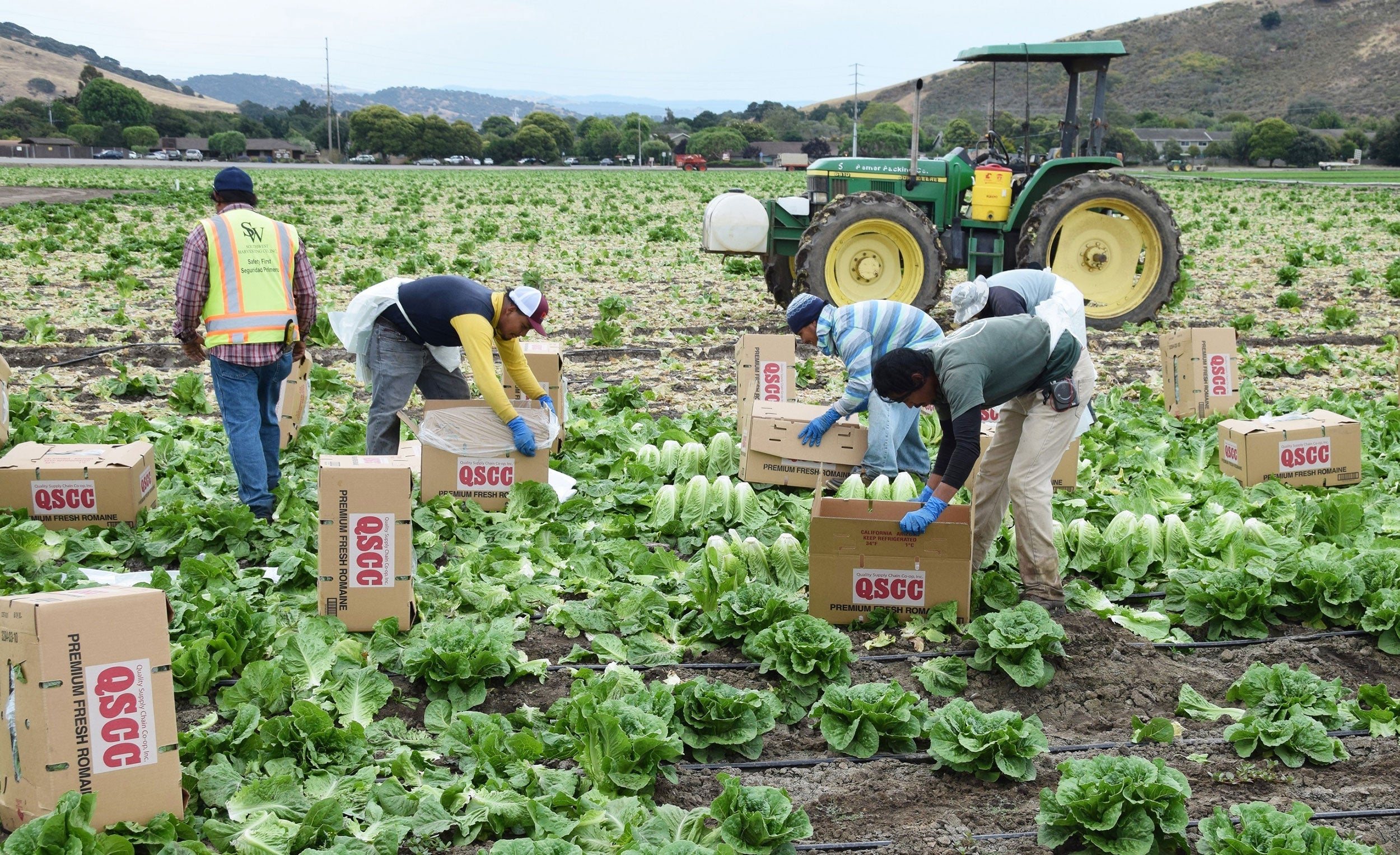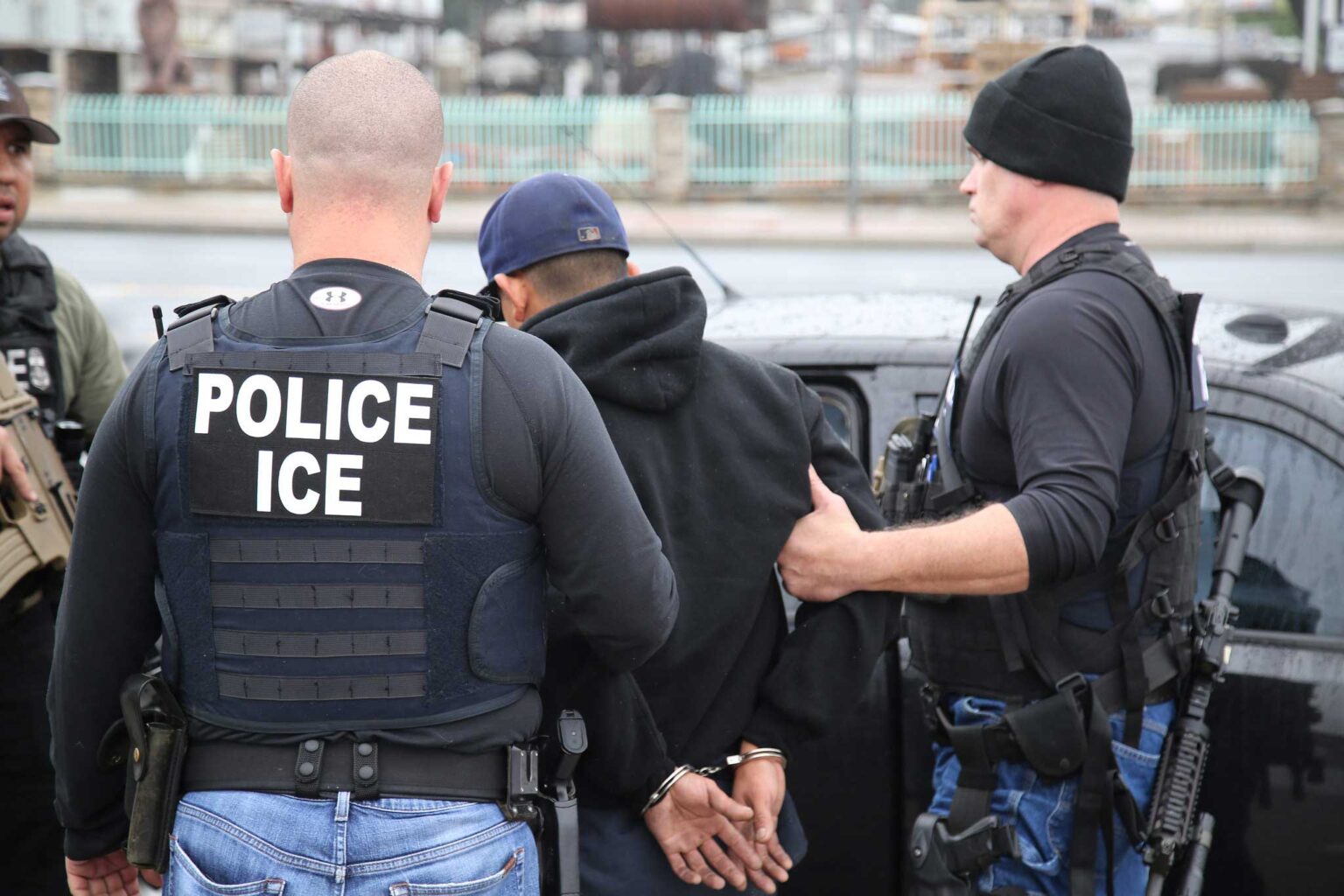After a brief reprieve for agriculture and hospitality businesses, the Department of Homeland Security has reversed its guidance exempting farms, hotels, and restaurants from worksite immigration raids. The about-face came just days after President Donald Trump signaled sympathy for producers relying on immigrant labor, only to reaffirm his administration’s commitment to carrying out what he now calls the “largest Mass Deportation Program in history.”
Late last week, President Trump had directed the Department of Homeland Security to halt immigration enforcement operations targeting farms, meatpacking plants, produce operations, and hotels, following a string of high-profile ICE raids over the past week.
But according to the Washington Post, that guidance was rescinded Monday morning in a call with field offices. Officials from DHS and ICE made clear that agents should resume immigration raids at labor-heavy employers despite industry concerns. “There will be no safe spaces for industries who harbor violent criminals or purposely try to undermine ICE’s efforts,” said DHS Assistant Secretary Tricia McLaughlin. “Worksite enforcement remains a cornerstone of our efforts to safeguard public safety, national security and economic stability.”
These raids, which affected dairy farms from New Mexico to South Dakota and a major meatpacking plant in Nebraska, had sparked alarm within farming communities that heavily depend on immigrant labor.
The recent enforcement actions included what DHS described as Nebraska’s largest worksite sweep under Trump, resulting in the arrest of 76 undocumented workers at Glenn Valley Foods in Omaha. ICE cited security and fraud concerns — including detected use of fraudulent documents — as justification for the raid. Similar operations at dairy farms uncovered hundreds of workers allegedly using false visas, leading to fears of widespread disruption among ranchers and packers.
Farms that rely on E‑Verify systems, a federal immigration-status checking mechanism, also found themselves under scrutiny.
While Agriculture Secretary Brooke Rollins advocated for relief for the ag sector, White House adviser Stephen Miller reportedly pushed for more aggressive raids, opposing any carveouts. Miller previously called for ICE to conduct at least 3,000 arrests a day. Trump’s immigration czar, Tom Homan, said ICE arrests had already risen to about 2,000 per day.
Agricultural labor remains deeply dependent on immigrants: over half of dairy and produce workers and up to two-thirds of meatpacking employees are foreign-born, according to estimates from the Migration Policy Institute and the U.S. Department of Agriculture.

Industry leaders report absenteeism and labor shortages amid enforcement uncertainty. Emerald Packaging CEO Kevin Kelly observed worker fear after colleagues were detained, telling The Packer that, “We should be handing them gold stars, not throwing them out of the country.” Labor advocates, including the National Council of Agricultural Employers and United Farm Workers, expressed skepticism that the pause would fully safeguard vulnerable workers.
The U.S. Department of Labor’s Wage and Hour Division will host a seven-hour online seminar on June 25 to provide guidance on federal laws governing agricultural employment. Running from 9:30 a.m. to 4:30 p.m. CDT, the webinar will cover key topics including the Fair Labor Standards Act, H-2A employment, the Migrant and Seasonal Agricultural Worker Protection Act, and the labor provisions of the U.S.-Mexico-Canada Agreement. The session is aimed at growers, shippers, farm labor contractors, buyers, and agricultural workers.


